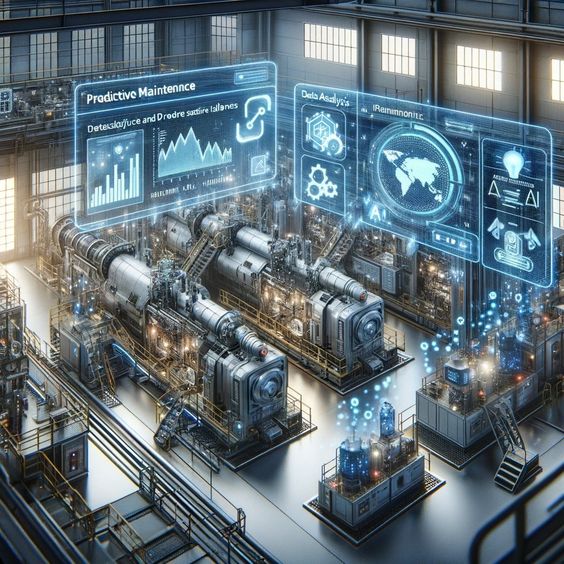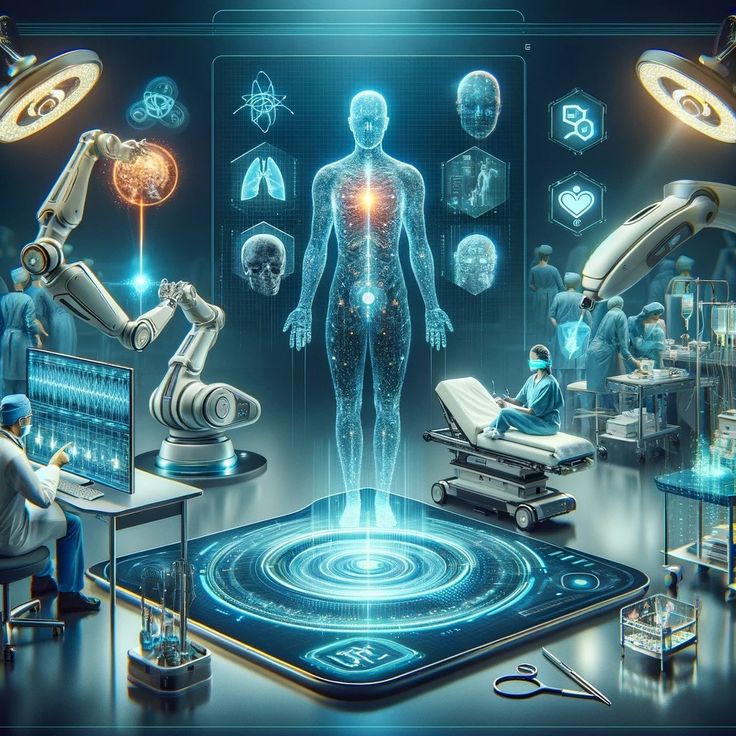
AI Revolutionizing Manufacturing: Transformative Impacts and Opportunities
- Economy
- Nov 02, 2021
The introduction of artificial intelligence (AI) into the field of manufacturing represents a monumental shift in the way goods are produced, processes are optimized, and operations are managed. This transformative technology is revolutionizing every aspect of the manufacturing industry, from design and production to supply chain management and predictive maintenance.
One of the most significant impacts of AI in manufacturing is its ability to enhance operational efficiency and productivity. AI-powered algorithms can analyze vast amounts of data from sensors, machines, and production systems to identify patterns, optimize processes, and minimize downtime. By leveraging machine learning techniques, manufacturers can predict equipment failures before they occur, schedule maintenance proactively, and optimize production schedules to maximize throughput and minimize waste. This not only improves overall equipment effectiveness (OEE) but also reduces operational costs and enhances profitability.
Moreover, AI is driving innovation in product design and development, enabling manufacturers to create smarter, more customized products that meet the evolving needs of consumers. Through generative design algorithms and simulation tools, AI can explore millions of design possibilities, optimize product performance, and accelerate the prototyping process. This allows manufacturers to bring new products to market faster, iterate on designs more effectively, and deliver products that are tailored to individual customer preferences and requirements.
In addition to improving operational efficiency and product innovation, AI is also transforming supply chain management and logistics in the manufacturing industry. AI-powered demand forecasting models can analyze historical sales data, market trends, and external factors to predict future demand more accurately, enabling manufacturers to optimize inventory levels, reduce stockouts, and minimize excess inventory holding costs. Moreover, AI-driven predictive analytics can identify potential disruptions in the supply chain, such as delays or shortages, and enable manufacturers to take proactive measures to mitigate risks and ensure continuity of operations.
Furthermore, AI is revolutionizing quality control and defect detection in manufacturing processes, improving product quality and reducing defects. AI-powered vision systems and image recognition algorithms can inspect products for defects and anomalies with unparalleled speed and accuracy, ensuring that only high-quality products reach the market. Additionally, AI-driven predictive maintenance solutions can monitor equipment performance in real-time, detect abnormalities, and alert maintenance teams to potential issues before they impact production quality or throughput.
However, the widespread adoption of AI in manufacturing also presents challenges and considerations that must be addressed to realize its full potential. Ensuring data security and privacy is paramount, as manufacturers deal with sensitive production and customer data. Moreover, efforts to upskill the workforce and foster a culture of innovation and collaboration are essential to harnessing the full benefits of AI technologies in manufacturing.
In conclusion, the introduction of artificial intelligence into the field of manufacturing holds immense promise for improving operational efficiency, product innovation, and supply chain management. By leveraging AI-powered technologies to optimize processes, enhance product quality, and drive business growth, manufacturers can gain a competitive edge in today's fast-paced and increasingly digital marketplace. However, realizing the full potential of AI in manufacturing requires a strategic approach, robust infrastructure, and ongoing investment in talent development and technology adoption.
How will AI Care will help better your field




